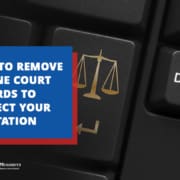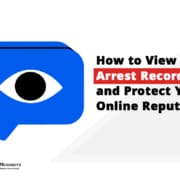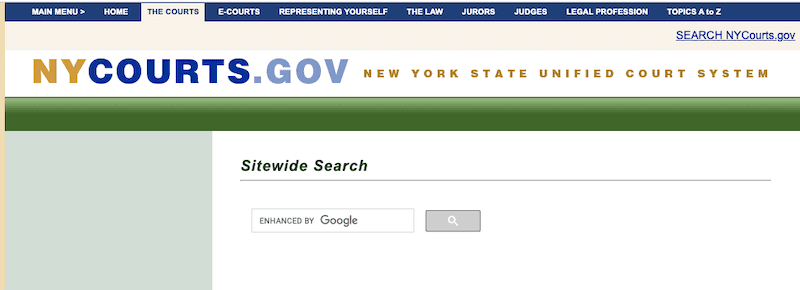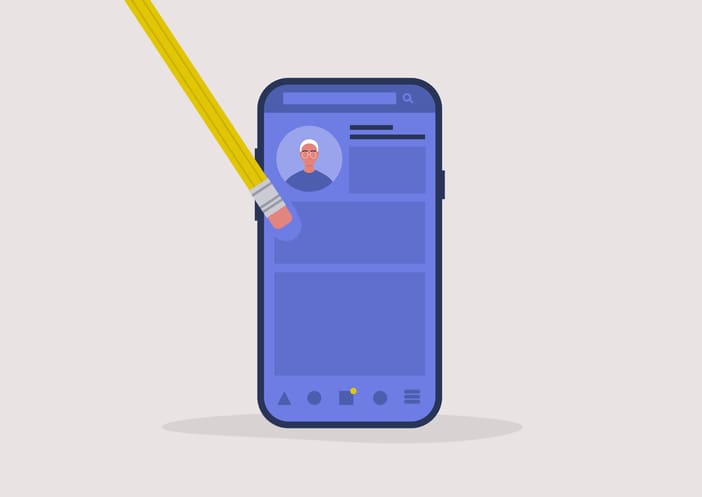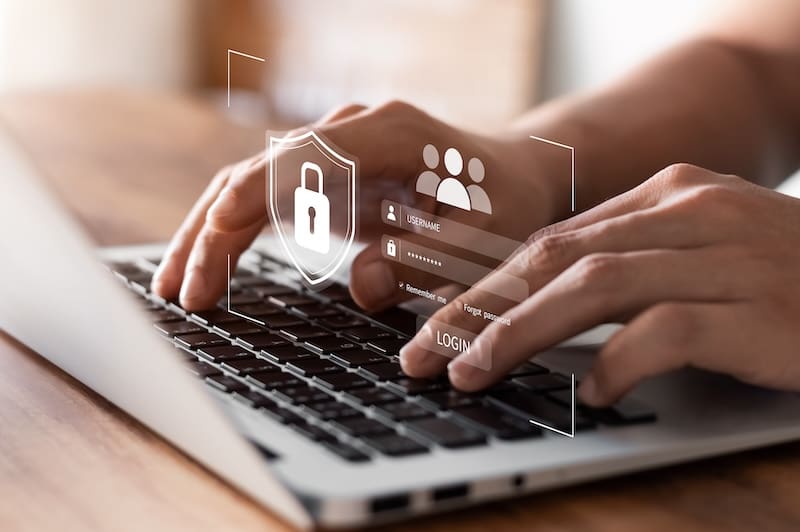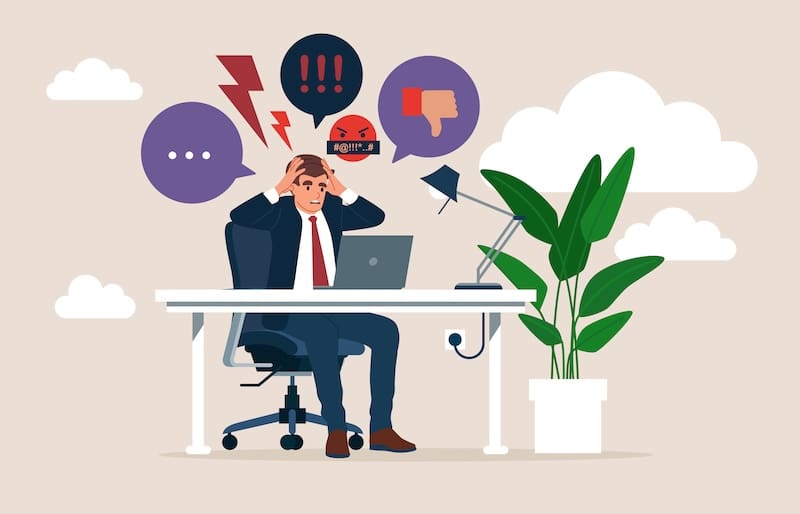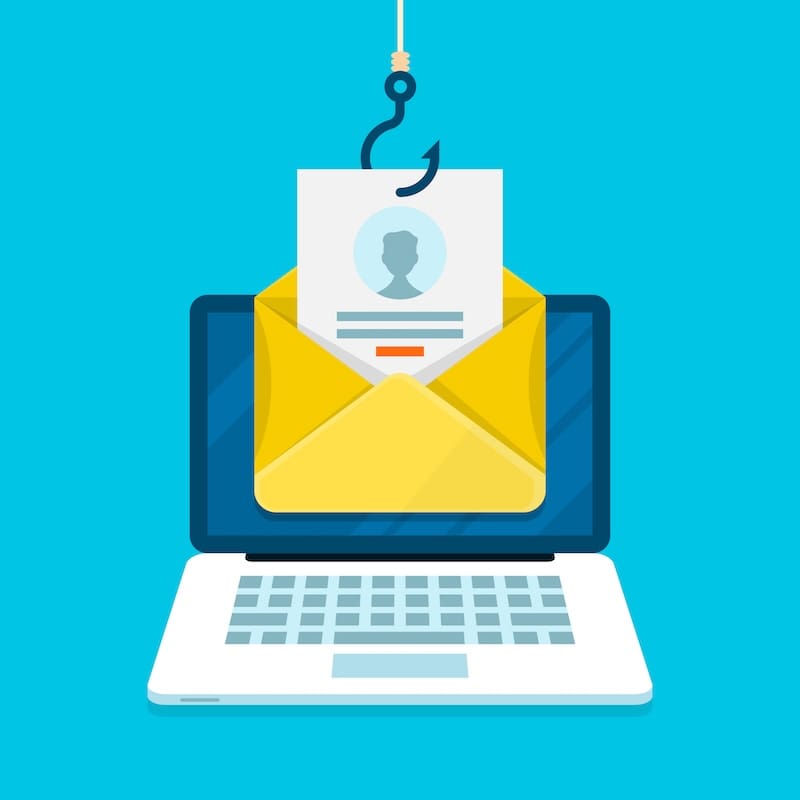How To Remove Online Court Records To Protect Your Reputation
This article about how to remove online court records goes over the ways to clean up your online reputation. Learn how to control the public information that’s out there about you.
Considering how many people turn to the internet for research these days, having your online court records available to the public can majorly impact your personal or professional life.
Many times, official records don’t tell the whole story. It’s possible that your offense was minor and shouldn’t have any impact on your life. Or, the information contained in search results could be outdated. It’s also possible that your legal matters have been fully resolved, and you simply want to move on with your life.
Whatever the case may be, people will jump to conclusions based on search results for your name before bothering to find out the full truth. In effect, your legal documents could put an end to potential opportunities and ruin your digital reputation.
That doesn’t have to be the outcome, though.
In this article, we’ll go over online reputation management strategies to manage web search results, remove or suppress records from Google, and improve your online presence. We’ll discuss strategies that involve the legal system, as well as DIY options for ridding Google search results of your private court documents.
At RemoveMugshots.com, our removal services will erase your online arrest records and mugshot images from the internet fast. Contact us today at 844-935-1118 to learn more.
What Are Online Court Records?

Online court records are legal documents that are accessible to the public. They include:
- Arrest records
- Civil records
- Criminal records
In many cases, these court documents have to be made public for the purpose of transparency. Unfortunately, it’s common for public court records to have a negative impact on an individual’s life, work opportunities, and digital reputation.
Public records can often be found on government websites, along with data broker sites and people search sites. Mugshot websites are especially notorious for posting any and all public court records and arrest information they can scrape from online sources.
How Can You Get Court Records Removed From Search Results?

If you find public court records online, you can try to have them removed from the source (like a government website), third-party sites (like mugshot sites) or Google search results. In some cases, you won’t be able to have your court records removed from the original site. At that point, your option is to suppress court records from Google Search instead.
The removal experts at RemoveMugshots.com will analyze search engine results to find and remove your personal information and booking photos online. Call us at 844-935-1118 for more information.
Legal Methods to Remove Court Records

If you want your court records to no longer be accessible to the public, your options are expungement and sealing, though not everyone will qualify. Both options can limit how much access the public has to a person’s records, but there’s a major difference between the two solutions, too.
Expungement
The court-ordered process of expungement erases a person’s criminal record from public view. It will no longer be a public criminal record, and it will seem as though the legal issue — the arrest, conviction, indictment or trial — never occurred.
If you’ve had your criminal record expunged, you can legally answer “no” if you’re asked if you’ve had previous convictions.
It’s important to know, though, that expunged records aren’t 100% gone. Criminal courts, government agencies and law enforcement will still be able to access them if needed.
Record Sealing
When a record is sealed, it’s no longer accessible to the general public, just like with an expunged record. However, even though the record is hidden from view, it still exists, and entities like courts and law enforcement can still access it. Luckily, a sealed record is unlikely to show up in a backgroud check, so it may not affect your ability to get a job or rent an apartment, for example.
The main difference between expungement and sealing is that sealed records are not destroyed and are not treated as if the offense never occurred. Instead, they’re simply inaccessible to the public.
Petitioning the Court
In order to have your records expunged or sealed, you’ll need to petition the court. Filing procedures vary by jurisdiction, so you’ll want to contact your specific court to find out what to do.
It’s also smart to hire a legal professional, as they can help you get through the process more smoothly. Additionally, having legal help can improve your odds of having your record expunged or sealed.
DIY Strategies To Remove Court Records From the Internet

If you don’t qualify for expungement or sealing, your next best option is to contact third-party sites and ask that they remove your arrest reports and other documents. Additionally, you’ll need to contact Google to submit a removal request for each instance of your court record being online. Suppression is also a tactic that online reputation management firms use to make negative content less prominent.
Removal Requests
Here are the steps to take when contacting third-party websites to remove your personal records:
- Figure out which websites have posted your records.
- Keep track of their information in a spreadsheet. Include contact information and the link to your record on each site.
- Contact the website to submit a removal request. Before emailing the website to ask for removal, see if they have a specific opt-out process to follow.
- Include your reason for requesting removal. If you have legal documentation showing your record has been expunged or sealed, provide it as part of your request.
- Follow-up after about two weeks. If your information has still not been taken down, try to contact the website again.
Even if third-party sites agree to remove your information, your records could still show up in Google results, at least temporarily. There are different ways to request removal from Google, depending on the type of information you want removed and why you want it taken down.
Like with contacting third-party websites, you should provide Google with any documentation you can that supports your request. Google won’t agree to take down your information simply because you ask — you need to have a valid reason in order for them to agree.
Content Suppression
If you’re not able to have your information taken down from online sources and your records are still showing up in Google search results, your next option is to suppress those results.
There are a variety of content suppression techniques that ORM firms use, including:
- Optimizing websites and articles you own to rank highly for positive keywords.
- Creating and/or optimizing your social profiles.
- Building new websites where you can publish more positive content.
- Submitting guest posts to well-regarded third-party sites.
- Building backlinks from online assets you own to the content you want to rank highly.
- Creating content that’s optimized for featured snippets so it shows up prominently on SERPs.
We work on behalf of our clients to erase mugshots, arrest records, police reports and other personal information online. Give us a call at 844-935-1118 to get started.
Maintaining a Clean Online Presence
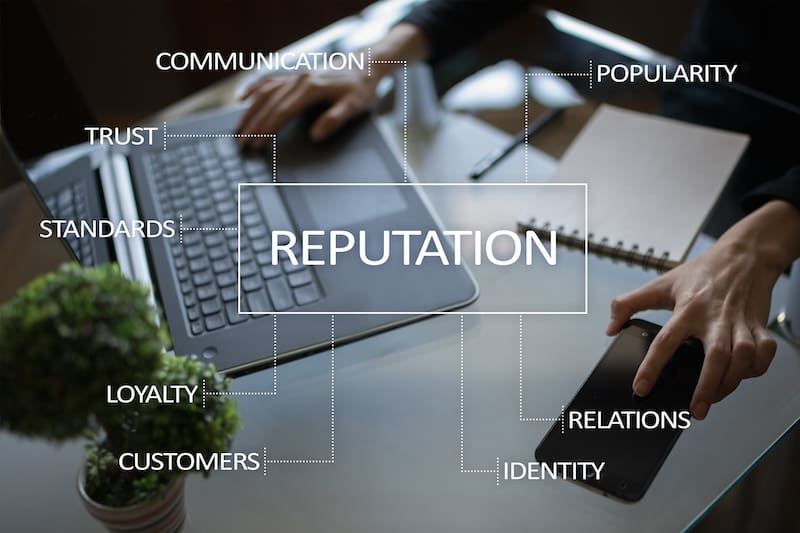
Removing your court records from the internet is only one step toward creating a great online reputation. Online reputation management also requires strategies like the following:
- Regularly monitoring search results for any instances of your name. This allows you to partake in the conversation and control the narrative.
- Consistently providing positive content that will outrank any negative reviews or content that show up online.
- Proactively opting out of data broker listings as they appear.
Keep in mind that having your records removed once doesn’t mean they won’t appear online again. That’s why ongoing monitoring is such an important component of ORM.
Online Reputation Management Firms Can Help Remove Public Records
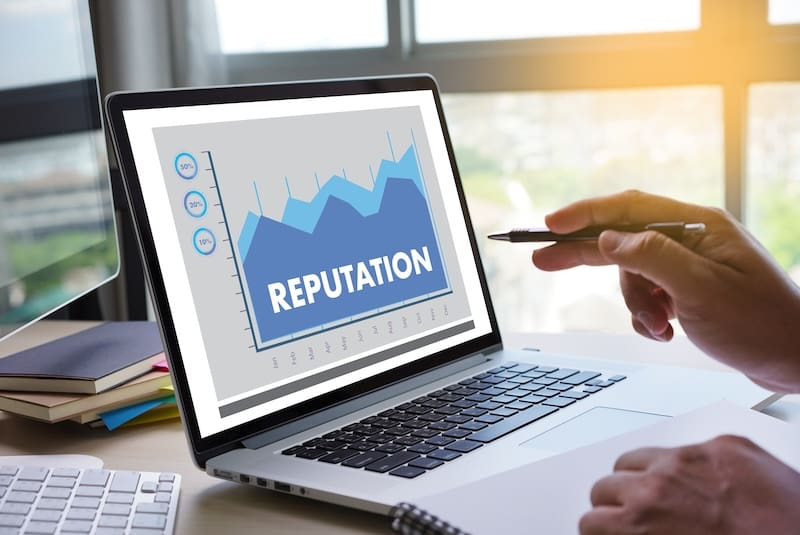
While DIY content removal has lower upfront costs than hiring a professional service, it could take a significant amount of time to find and request removal of all your online records — if you can get the websites to cooperate with you at all.
By working with an ORM team, you have a higher chance of success and will get additional help from experts to rebuild your online reputation and create a positive digital presence.
At RemoveMugshots.com, we offer removal services to get rid of damaging information online and help you rebuild your personal or professional reputation. Whether you have arrest records, mugshots or police reports that are causing harm, we’ll work on your behalf to remove them from search results.
It doesn’t matter if you were found guilty or if your charges were expunged, dismissed or dropped, either. Our removal strategies will erase or suppress negative content from showing up on mugshot websites and in search engine results.
Do you need help removing your arrest records, mugshots or police records from search results? Get a free mugshot removal analysis today and sign up for a consultation with an expert. Learn more here.

